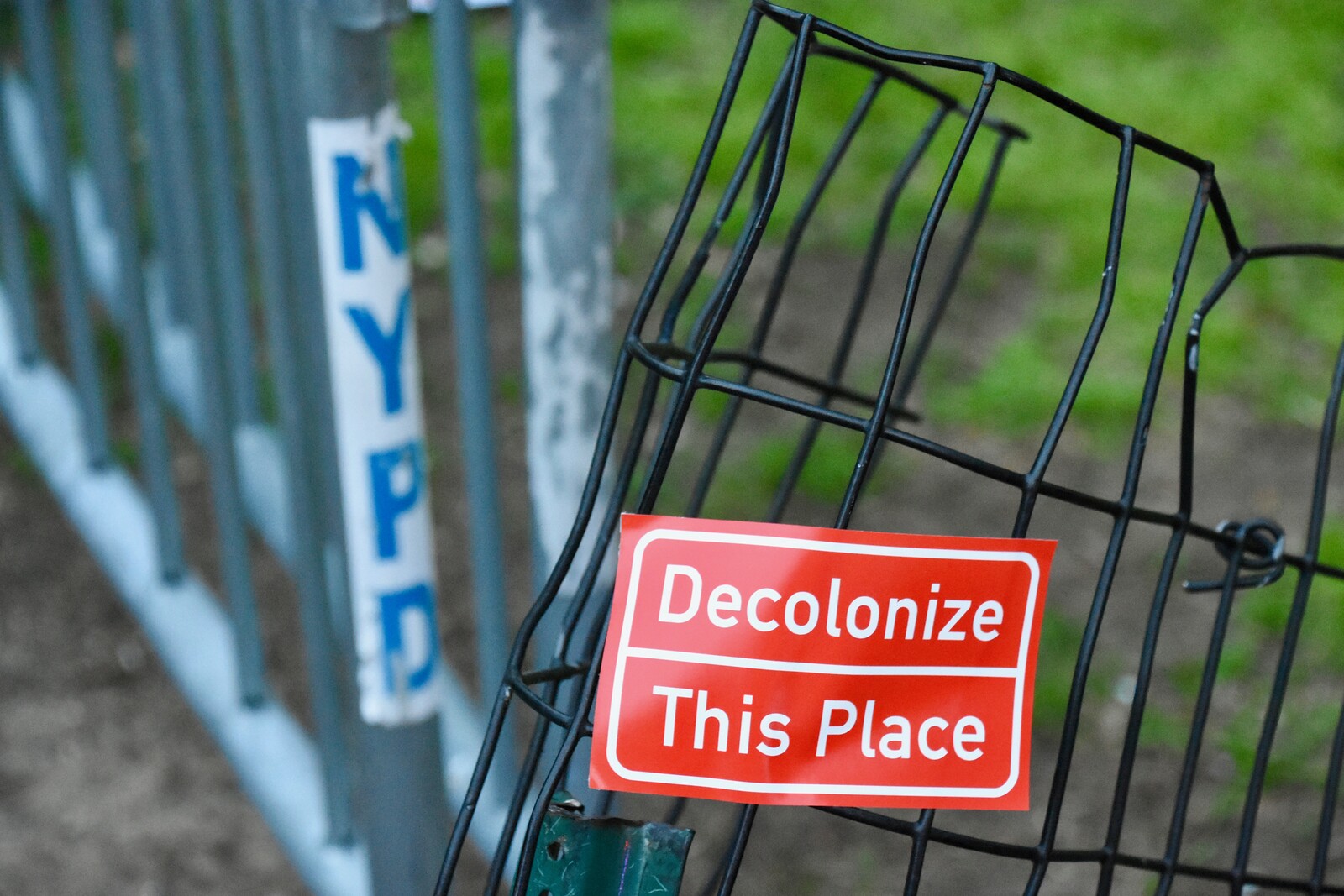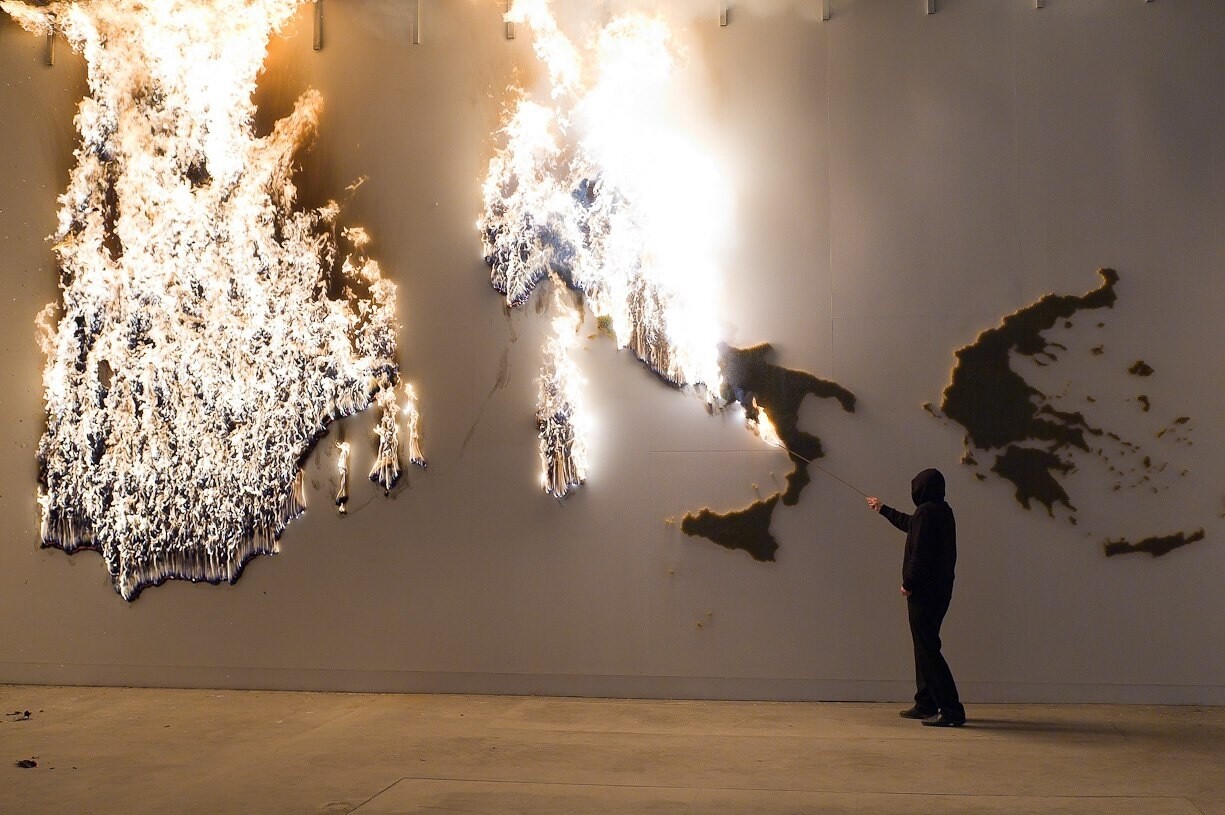Categories
Subjects
Authors
Artists
Venues
Locations
Calendar
Filter
Done
May 30, 2023 – Feature
Sophia Giovannitti’s Working Girl: On Selling Art and Selling Sex
Wendy Vogel

In the opening pages of Working Girl, Sophia Giovannitti—artist, writer, sex worker—makes a case for her choice of “pleasure work” over the drudgery of a day job. “When I say make pleasure work, I mean to sell sex and art,” she writes, “not because doing what you love makes work more bearable, but because the particular economic conditions in these industries facilitate maneuvers and scams that allow people to work less and do what you love more.” Given this fiery beginning, I expected a full Marxist takedown of the art market, or perhaps an angry manifesto à la Virginie Despentes’s King Kong Theory (2006). Giovannitti borrows elements from both, at a cooler temperature, as she argues for working the system to one’s advantage. Threading together memoir and criticism, her volume charts a journey through contemporary art addressing prostitution and pornography, the blind spots of movements like MeToo, the politicized actions of sex workers, and finding a way to live beyond labor.
The bulk of Giovannitti’s text toggles between a discussion of erotically charged art and her own experiences navigating sex work. Drawing from scholarship by art historians such as Julia Bryan-Wilson, Giovannitti revisits a handful of now-historical works. She considers …
June 1, 2021 – Feature
Laura Raicovich’s Culture Strike: Art and Museums in an Age of Protest
Travis Diehl

Who really thinks museums are politically neutral? Find these people, and you will have found the audience for Laura Raicovich’s new book on the tensions between social movements and museum politics. In 2018, Raicovich resigned as director of the Queens Museum over pushback against her expressions of solidarity with immigrant communities and striking workers, and the board’s decision to rent out the museum for an Israeli government event keynoted by Vice President Mike Pence. In the former case, she writes, the board argued that “a public institution […] should not, and indeed could not, ‘take sides’” in political debates; in the latter, however, it was Raicovich who argued for maintaining the practice of “not renting space for such political events.” Neutrality is rhetorical; the public understands this as well as art world insiders.
So it’s odd how often Raicovich returns to “the myth of neutrality” in Culture Strike. The first three chapters survey the legacy of colonialism, the “universal museum,” and arguments for returning looted objects; the problems of philanthropy in a world of unethical riches; and well-meaning blunders into cultural appropriation. The fourth and sixth ponder ways to move forward by revising the narratives museums tell and committing to an …
April 30, 2020 – Feature
Hal Foster’s What Comes After Farce?
Kevin Brazil

For the title of this collection of criticism spanning the past fifteen years, Hal Foster evokes Marx’s famous evocation of Hegel: the observation that “all great world-historic facts and personages” appear first as tragedy, then as farce. For Foster the revelation, after 9/11, that many Americans will accept the “trashing of constitutional laws, the scapegoating of immigrants, and the mobilizing of white supremacists as a small price to pay for even more capital concentration” was a tragedy which recurred as farce with the election of Trump. (Here, as in his other work, Foster never strays from a view centered on the United States.) His question is: “If farce comes after tragedy, what comes after farce, and how do we respond to whatever that is?” Yet something else was happening amid these repetitions: warnings of a pandemic that few heeded and which is now unleashing a crisis whose consequence will define the future to which we must respond. This is not to say this book is already outdated, but it does make it reveal, perhaps against its wishes, the potentials and pitfalls of an approach to criticism that uses art to find “what will happen” next, or to limn the movements …
